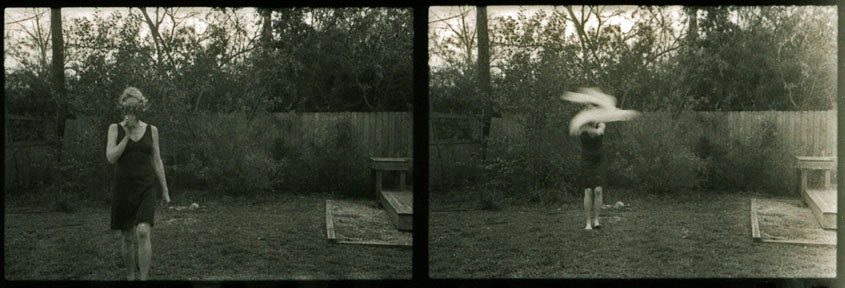Work by alumna Kate Greathead (fiction, ’11) appears online in The Hairpin:
The Best Time I Learned My Last Name Means Blow Job
As a shy, late bloomer with a nervous twitch in my eye, I didn’t particularly enjoy high school. I was consistently the last one to get a joke, with the exception of dirty jokes, which I usually didn’t get at all. This sense of being on a different wavelength from my peers led to a paranoid, left-out feeling—like nobody knew I existed, and at the same time, they were all laughing at me behind my back.
One night after dinner in tenth grade, my mom said there was something she wanted to “talk about.” My first thought was that my mom had seen one of those TALK TO YOUR KID ABOUT SEX commercials and I’d have to confess I’d never even kissed a boy, which I knew to be pathetic at my age. To my relief, it wasn’t sexual relations my mom wanted to discuss, but our last name. Which is Greathead. Spelled like it sounds: the word GREAT, then the word HEAD.
…
Finish reading online at The Hairpin.



